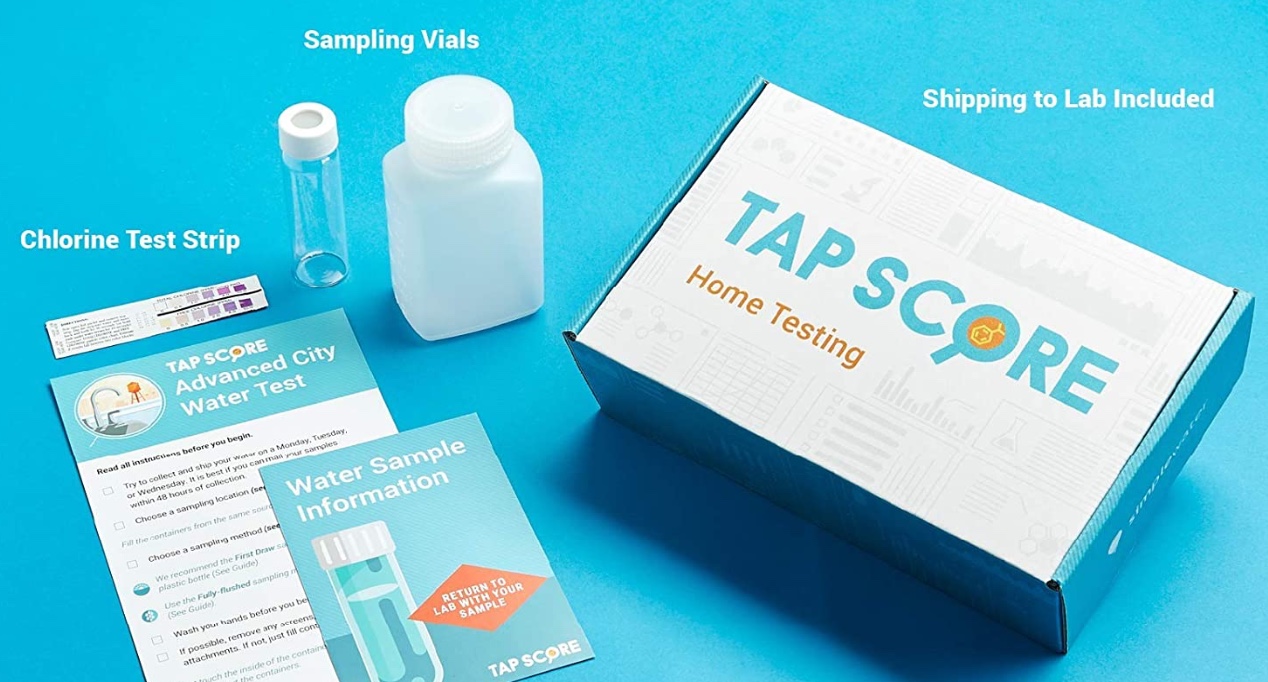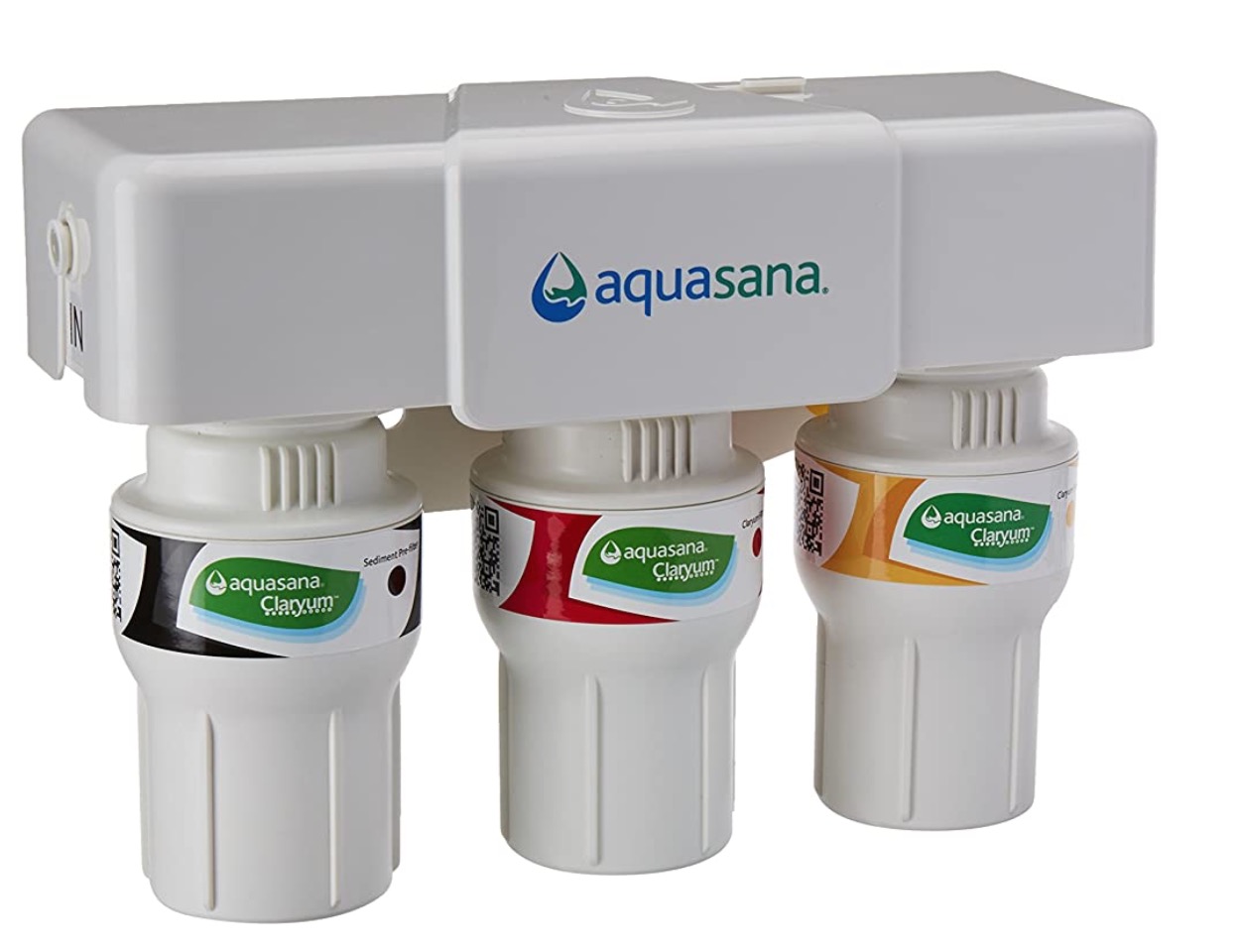Cary Institute Of Ecosystem Studies Water System
MyTapWater.org's tap water quality report is the compilation of data collected from federal, state, and local government agencies, most prominently the EPA. We strive to populate the report with the latest data concerning water contaminants, lead and copper levels, and water quality violations. We only collect drinking water data from public water systems.
|
PWS Service Information PWS ID: NY1330171 Type: Non-Transient non-community system EPA Region: 02 Primary Service Area: Other Non-transient Area Primary Source: Ground water Population Served: 55 |
Contact Information GINSBERG, JOSHUA GINSBERG, JOSHUA IES Office of the President PO BOX AB MILLBROOK, NY 12545 |
This public water system services 1 municipality in 1 county.
We could not find test result data for Cary Institute Of Ecosystem Studies.
However, this area is serviced by 19 or more other public water systems. Check your water bill to see which specific system applies. Here is a list of related systems:
- Orvis Sandanona Shooting Grounds
- Dutchess Day School
- The Farmer's Wife
- Great Oak Properties
- Daytop Village - Millbrook
- Flip N Slice
- Cary Institute Of Ecosystem - Day Camp
- Dutchess County Farm & Home Center
- Millbrook Vineyards
- Cottonwood Motel
See 9 more related public water systems »
Summary Results
A summary view of tests in which a water contaminant found to exceed the Maximum Contaminant Level (MCL) set by the EPA.
We couldn't find any records of contaminants exceeding the regulated limits in your water.
Other Water Contaminants Tested
The following contaminants were tested and found to be within national EPA guidelines.
We couldn't find any records of contaminants in your water.
Lead and Copper Data
Lead and copper are recorded separately from other contaminants because of the Lead and Copper Rule. As with all other results, these are the findings at the water supply level. Lead and copper can be — and often are — deposited in drinking water in between the water facility and your tap.
| Sample ID | Contaminant | Sampling Start Date | Sampling End Date | Result |
|---|---|---|---|---|
| NY134373 | lead | 2016-01-01 | 2018-12-31 | 0.0051mg/L |
| NY134375 | lead | 2016-01-01 | 2018-12-31 | 0.004mg/L |
| NY108982 | lead | 2015-01-01 | 2015-12-31 | 0.012mg/L |
| NY108985 | lead | 2015-01-01 | 2015-12-31 | 0.005mg/L |
| NY107390 | lead | 2014-01-01 | 2014-12-31 | 0.003mg/L |
| NY106016 | lead | 2014-01-01 | 2014-12-31 | 0.013mg/L |
| NY92025 | lead | 2013-01-01 | 2013-12-31 | 0.007mg/L |
| NY92023 | lead | 2013-01-01 | 2013-12-31 | 0.006mg/L |
| NY87887 | lead | 2012-07-01 | 2012-12-31 | 0.005mg/L |
| NY87889 | lead | 2012-07-01 | 2012-12-31 | 0.001mg/L |
| NY81486 | lead | 2012-01-01 | 2012-06-30 | 0.008mg/L |
| NY81488 | lead | 2012-01-01 | 2012-06-30 | 0.011mg/L |
| NY72086 | lead | 2011-01-01 | 2011-06-30 | 0.003mg/L |
| NY69155 | lead | 2010-07-01 | 2010-12-31 | 0.009mg/L |
| NY69157 | lead | 2010-07-01 | 2010-12-31 | 0.052mg/L |
| NY64971 | lead | 2010-01-01 | 2010-06-30 | 0.002mg/L |
| NY64969 | lead | 2010-01-01 | 2010-06-30 | 0.011mg/L |
Violations
Known violations of the Safe Drinking Water Act as recorded by the EPA.
No violations found for Cary Institute Of Ecosystem Studies.
Local Water Testing
Find a lab in your area so you can get your tap or well water tested. This list contains both governmental and private labs, all of which are EPA-certified for drinking water testing.
| Lab | Location | Zip Code |
|---|---|---|
| POUGHKEEPSIES’ WATER TREATMENT FACILITY | POUGHKEEPSIE, NY | 12601 |
| AQUA CHECK LLC | STONE RIDGE, NY | 12484 |
| ENVIRONMENTAL LABWORKS INC | MARLBORO, NY | 12542 |
Water Bill Information
Convenient information about your water service.
Unable to identify any billing information about Cary Institute Of Ecosystem Studies (NY1330171).
What My Water Data Means
Water data isn't always easy to interpret, but by following the links on this page you should be able to have most of your questions answered. By clicking the name of a water contaminant or secondary substance you can learn about that specific substance. Ultimately this page should give you some insight towards learning if your water is safe, what water filter you should buy (if any), and how well your local water compares against other sources.
Sources
The origin of MyTapWater.org's water data is explained on our Data Sources page.
Why Is My Water Data Not More Recent?
The recency of the data for your ZIP code depends on the last your water source was tested, by a federal, state, or local agency. More information about the timing can be determined by learning about the dataset in question and seeing how often the EPA (other another governing body) mandated testing.


